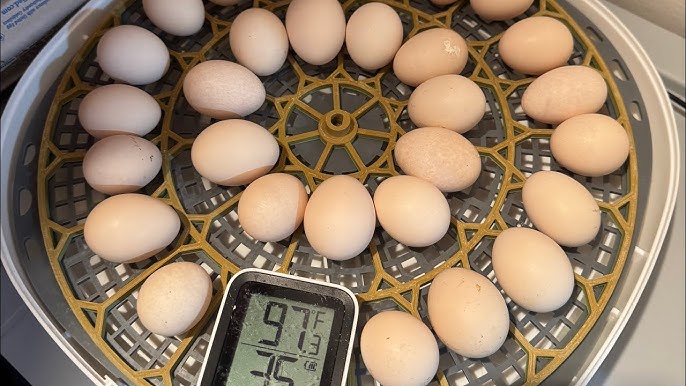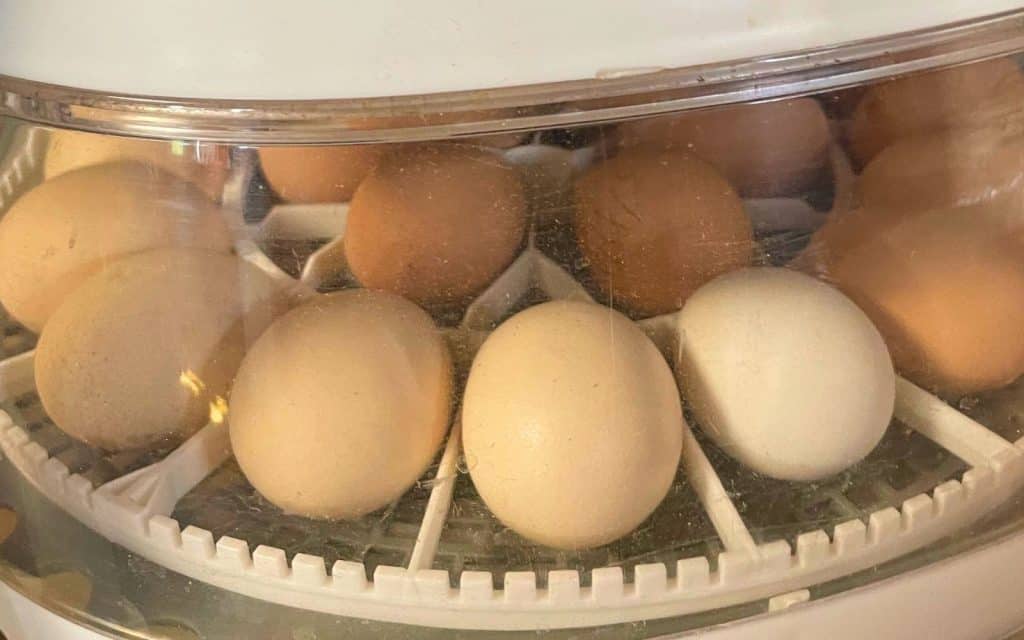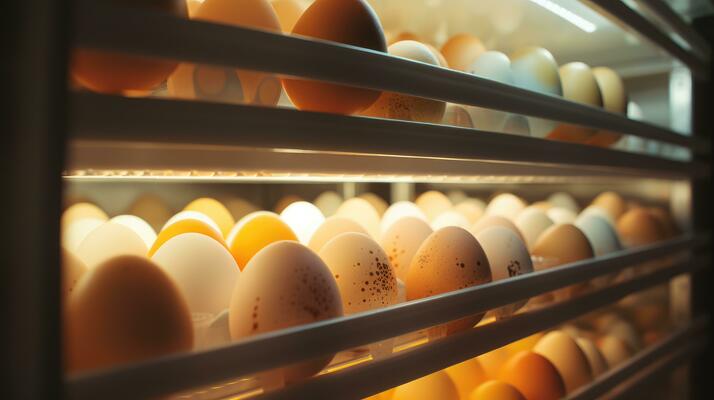Embarking on the journey of hatching chicken eggs at home is an exciting venture for any poultry enthusiast. This process not only brings the joy of witnessing new life but also offers a deeper understanding of the life cycle of chickens. Whether you are looking to start your own backyard flock or simply wish to experience the wonders of nature, this guide is designed to help you succeed in your home incubation efforts.

Why Hatch Chicken Eggs at Home?
There are numerous benefits to hatching chicken eggs at home. It allows for greater control over the breed and quality of your chickens, ensures that the chicks are healthy from the start, and provides a rewarding educational experience. Additionally, beginner’s guide to incubation can be a cost-effective way to start raising chickens.
Getting Started: What You Need
Choosing the Right Incubator
Investing in a reliable incubator is crucial for the success of your hatching project. Incubators come in various sizes and types, so it is important to choose one that fits your needs. Consider factors such as capacity, temperature control, and ease of use. You can find detailed information on how to use an incubator effectively.
Preparing Your Eggs
Before placing eggs in the incubator, ensure they are clean and free from cracks. Handle eggs carefully, as rough handling can damage the embryo inside. For more on egg preparation, visit egg transport tips.
The Incubation Process
Setting Up the Incubator
Once you have selected your incubator, set it up in a stable environment away from direct sunlight and drafts. Maintain a consistent temperature of about 99.5F and monitor humidity levels closely. Learn more about maintaining humidity.
Turning the Eggs
Eggs must be turned several times a day to prevent the embryo from sticking to the shell. Most modern incubators come with automatic turners, which make this task easier.
Monitoring Development
Candling is a technique used to monitor the development of embryos inside the eggs. It involves shining a light through the egg to see the growing chick. For guidance on when and how to candle, check out our candling guide.
Hatching Day: What to Expect
Signs of Hatching
As the anticipated hatching day approaches, listen for peeping sounds and observe for small cracks, known as pipping, on the eggshells. These are indicators that your chicks are ready to emerge.
Providing Assistance
While it’s natural to want to help, it’s best to let the chicks hatch on their own unless they are struggling. Intervening can cause harm if not done correctly.
Caring for Your New Chicks
Setting Up the Brooder
Once hatched, chicks need a warm, safe environment to thrive. A brooder box with a heat lamp is ideal. Make sure it’s comfortable and secure.
Feeding and Watering
Provide fresh water and starter feed specifically designed for chicks. Proper nutrition is essential for their growth and development.
Conclusion
Hatching chicken eggs at home is a fulfilling endeavor that offers a unique glimpse into the world of poultry. With careful planning and attention to detail, you can enjoy the satisfaction of raising your own flock from the very beginning.

FAQs
How long does it take for chicken eggs to hatch?
Chicken eggs typically take about 21 days to hatch.
Can I use a homemade incubator?
Yes, a homemade incubator can be used, but it requires careful monitoring of temperature and humidity.
What should I do if a chick is struggling to hatch?
If a chick is struggling, it’s best to consult experienced hatchers or resources before intervening.
This article contains affiliate links. We may earn a commission at no extra cost to you.











